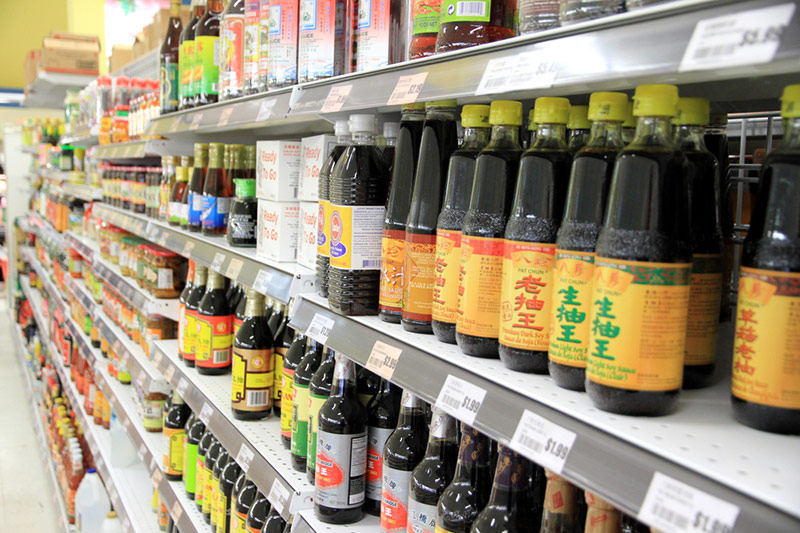Street Calls of the Week
In what could be the opening salvo of another trade war between the US and China, on Wednesday Chinese officials announced there would be a blanket ban on critical minerals with military applications to the US, specifically gallium, germanium and antimony.
Reuters reports the Chinese Commerce Ministry cited national security concerns as its justification for the export ban, which takes effect immediately and also affects end-use graphite products used in advanced coatings and similar technology.
"In principle, the export of gallium, germanium, antimony, and superhard materials to the United States shall not be permitted," the ministry said.
Why are these critical minerals important?
Gallium, germanium, antimony and graphite are all considered critical minerals by most governments worldwide, meaning they are both highly sought-after and their supply is at-risk.
Gallium is used in semiconductors, LED lights, transistors and infrared circuits – vital to the emerging artificial intelligence (AI) sector’s new demand for data centres, but also for most advanced technology applications that require high-end computing.
Germanium is also a vital component of computers, used as high-speed transistors in radar and communication systems, as well as in thermal applications like infrared optics and phototransistors.
Antimony is an even more widely relevant mineral, used in batteries, in solder and bearings, semiconductors, solar panels and infrared technology.
It’s also used in nuclear weapons production, explosive formulations and flares, shielding materials, munitions and communication systems.
Demand for graphite is already increasing rapidly from within the electric vehicle sector, as it accounts for more than half of most lithium-ion chemistries by weight, but the silvery mineral also has applications in nuclear energy, munitions and targeting systems.
Beginning of a new trade war?
The new restrictions are likely a response to Biden’s latest chip export curbs, the third in a set of targeted restrictions meant to reduce China’s access to cutting edge chip technology.
Two sources told Asia Financial that another 140 companies will be hit with export restrictions next week, with restrictions also applying to chip toolmakers.
There is some speculation this latest trade restriction from China is also a response to recent comments by US President-elect Donald Trump, who once again repeated his threats to impose blanket 25% tariffs on all imported goods from Canada and Mexico, and 35% on those from China.
"It comes as no surprise that China has responded to the increasing restrictions by American authorities, current and imminent, with its own restrictions on the supply of these strategic minerals," Global Mining Association of China chair Peter Arkell said.
"It's a trade war that has no winners.”
Asia Financial reports that four Chinese industry bodies warned domestic companies that US chips are “no longer safe” on Tuesday and that firms should buy locally made chips instead.
A White House spokesperson told Reuters that the government would take ‘necessary steps’ in response to the critical mineral export ban.
"These new controls only underscore the importance of strengthening our efforts with other countries to de-risk and diversify critical supply chains away from PRC (China)," the spokesperson said.
